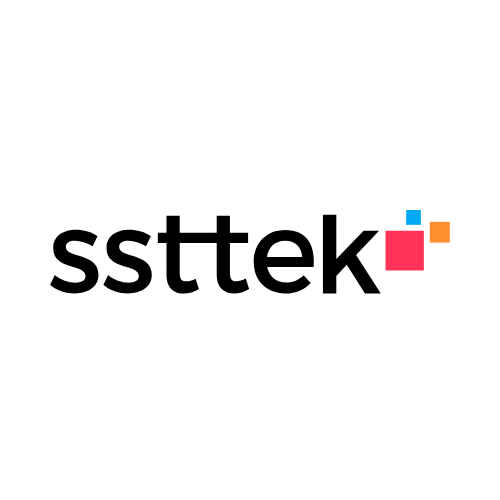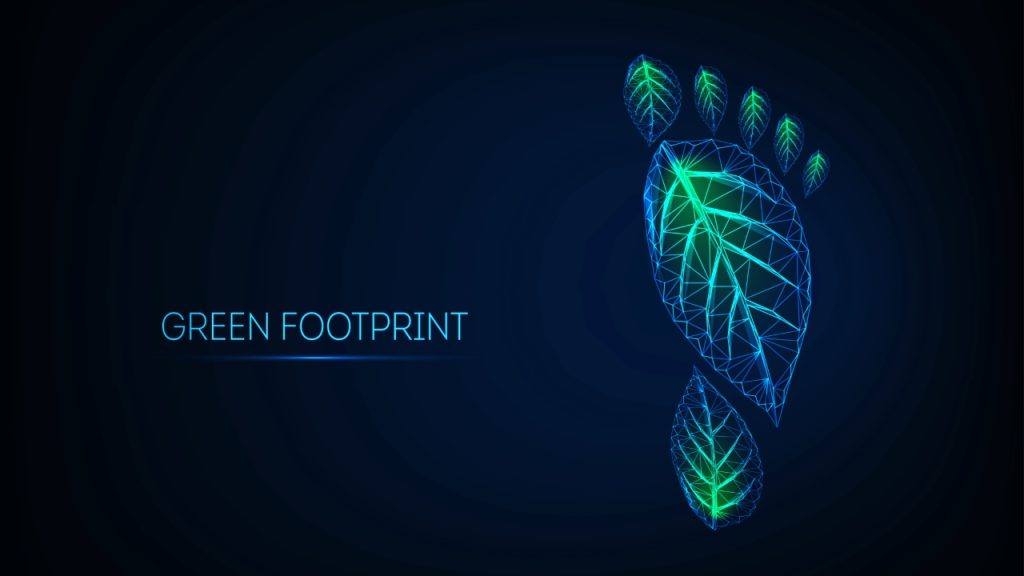In today’s rapidly evolving technological landscape, the future of work is being redefined by the collaboration between artificial intelligence (AI) and humans. Rather than replacing humans, AI enhances our capabilities and drives innovation.
AI has advanced significantly, with applications ranging from natural language processing to machine learning and data analytics. These technologies transform industries by automating routine tasks, offering data-driven insights, and supporting informed decision-making. This translates to greater efficiency, lower costs, and a competitive edge in a fast-paced market.
AI’s role is to enhance and expand human capabilities. By taking over repetitive tasks, AI allows people to focus on creative and strategic roles. For example, AI chatbots handle basic customer inquiries, freeing human agents to manage more complex issues that require empathy and nuanced understanding.
Some Examples of AI-Human Collaboration
- Healthcare: AI algorithms analyze medical images to identify anomalies, assisting radiologists in accurate diagnoses. Robotic systems enhance surgical precision under human control.
- Journalism: AI generates data-driven reports and aids in fact-checking, while journalists provide context and narrative.
- Customer Service: AI chatbots manage simple queries and provide analysis, with complex issues handled by human agents.
- Agriculture: AI drones collect data on crop conditions, and harvesting robots assist with labor-intensive tasks, overseen by human workers.
- Entertainment: Generative AI can compose music and suggest film plots, collaborating with artists to boost creativity.
- Transportation: Autonomous vehicles navigate using AI, with human drivers intervening in complex scenarios. AI also optimizes traffic flow through smart systems.
- Human Resources: AI screens resumes and identifies top candidates, while HR professionals handle interviews and evaluate cultural fit. AI platforms also offer personalized employee training.
The Importance of Human Skills
AI excels in processing data and identifying patterns but lacks emotional intelligence, creativity, and ethical judgment—skills vital for leadership, critical thinking, and relationship-building. As AI becomes more integrated into the workplace, there will be increasing demand for workers who combine technical skills with these uniquely human attributes.

Ethical Considerations
AI integration raises important ethical issues, such as data privacy, algorithmic bias, and job displacement. Companies must focus on transparency, accountability, and inclusivity to build trust with employees and customers. Continuous learning and upskilling are also essential as AI technologies evolve. Organizations should invest in training and foster a culture of lifelong learning.
The Path Forward
The future of work lies in the collaboration between AI and humans. By leveraging both, businesses can innovate, enhance efficiency, and create fulfilling work environments. It is crucial to embrace AI as a tool for empowerment rather than view it as a threat. Success lies in adopting a mindset where AI and humans complement each other’s strengths.
In conclusion, AI-human collaboration represents the next frontier in the evolution of work. By embracing this partnership, we can work with AI’s potential while preserving the essential human qualities that drive progress.


